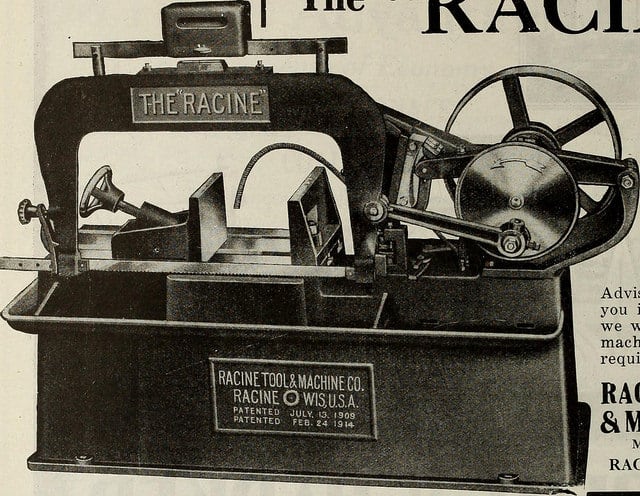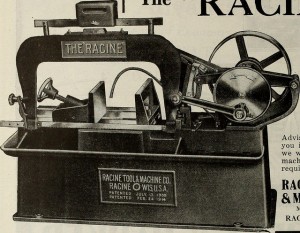
 What makes the best Reliability Engineer?
What makes the best Reliability Engineer?
Formal education (masters or Ph.D) or design/manufacturing engineering experience?
Where do you look when hiring a new reliability engineer? Do you head to U of Maryland or other university reliability program to recruit the top talent? Or, do you promote/assign from within? Where do yo find the best reliability people?
What make a good reliability engineer?
Once you hire someone, how do you know if they are a ‘good’ reliability engineer? What is the scale we use to judge?
I would suggest a few things are important:
- Technical skills — able to calculate sample size with a simple calculator
- Business skills — able to balance warranty risk with sample size requests
- People skills — able to influence others to do the right thing
Basically any of us has to just get results. Help the team/organization in achieving and maintaining the reliability objectives. Look for and avoid risks, plus identify and resolve existing issues.
We want reliability engineers that move effortlessly between setting up complex lab experiments to explaining the reliability program to key customers and senior management. We have to be well versed in statistical and presentation skills.
So, what on the resume or during the interview reveals the tendency to be a ‘great’ reliability engineer?
Two Example Reliability Engineers
Years ago I had the chance to assess two programs with two very different reliability engineers supporting each program. The first, Simon, told me about all the tasks he did. He pretty much drafted the entire suite of FMEA studies for a program and quickly reviewed it with the team. He ran parts count predictions, talked with all key vendors, designed and ran numerous reliability and environmental tests, and even did the derating and stress/strength calculations of most components.
Nearly everyone in the organization relied on Simon to ‘do’ reliability. When something went wrong as it often did, it was Simon doing the failure analysis and root causes analysis work. He then setup and ran the confirmation of a solution evaluations and signed off on the resolutions. Simon was the entire reliability program.
He got things done. Yet, when he left the organization so did the reliability program.
The second person, Marta, told me about how the organization did reliability work. How she setup guidelines, processes, and procedures that guided the decision making of the entire team. How she got involved with the tricker tasks of complex life test designs or evaluation of complex vendor testing.
Marta’s story echoed with everyone else in the organization that I interviewed. The electrical engineer knew about and how to do component derating and she did. She also knew the basics of reliability data analysis and could judge vendor claims, plus she could design and run component and board level accelerated life tests, and knew when to do so.
Each person from the program manager to the technical marketing manager, from that electrical engineer to the software design team knew the reliability goals, and how they participated in achieving them. When Marta left the organization the reliability program continued to thrive.
Which is the better reliability engineer? How do you find these people? Let me know in the comments, please.
Good one Fred. Unfortunate part is not many realize the fundamental requirements of strength of process initiation & team building. Your note is timely.
Hi Raghu, thanks for the kind words. Yes, building a team and building supporting processes is essential not only for creating reliable products, it also impacts being successful with your business endeavors. cheers, Fred
I think Marta’s way is text book best practice. Simon had the knowledge, but kept it all to himself because : A) He did not know better. B) His supervisors did not know better either. Someone above Simon’s place in the hierarchy should have advised him do do as Marta did. I believe this is another perspective for the definition of “Good Leadership”. Thanks Fred, valuable lesson here.
Appreciate the read and comments Mark. Yes, seeing the two programs was an eye opener for me. I suspect there was more at play then just the two reliability engineers, yet knowing them I’m sure they played a big role in how their role evolved. cheers, Fred
Good one Fred. This gave insight to many programs not only reliability program. If you are the only one that knows a program in your organization, i consider you to be a big threat and should be eliminated from the system. Empower team members with your knowledge and skill so that when you are not around, there wont be gap.
Hi Jude, thanks for the comment. I wouldn’t think of being a big threat, rather if I’m working to be in service to the organization and customer, then enabling the organization to think about and make the best decisions when considering the impact on reliability, that is best. I agree that empowerment of the team is key, yet how does one go from doing all the reliability stuff yourself to empowering the rest of team? Any ideas to suggest how to move to an empowerment model?
Cheers,
Fred
Hi Fred , I have exp with reliability testing , can you pl tell me if i have good statistical knowledge and do not have design exp will i be able to be a good relaibility engineer
Yes of course you can be a good reliability engineer. You can ask questions, learn what you need to know technically. Practice the statical skills to become comfortable with their use. The same applies to the business and personal elements of the role – determine what you need to do better with, then focus on learning and improving your skills.
Cheers,
Fred